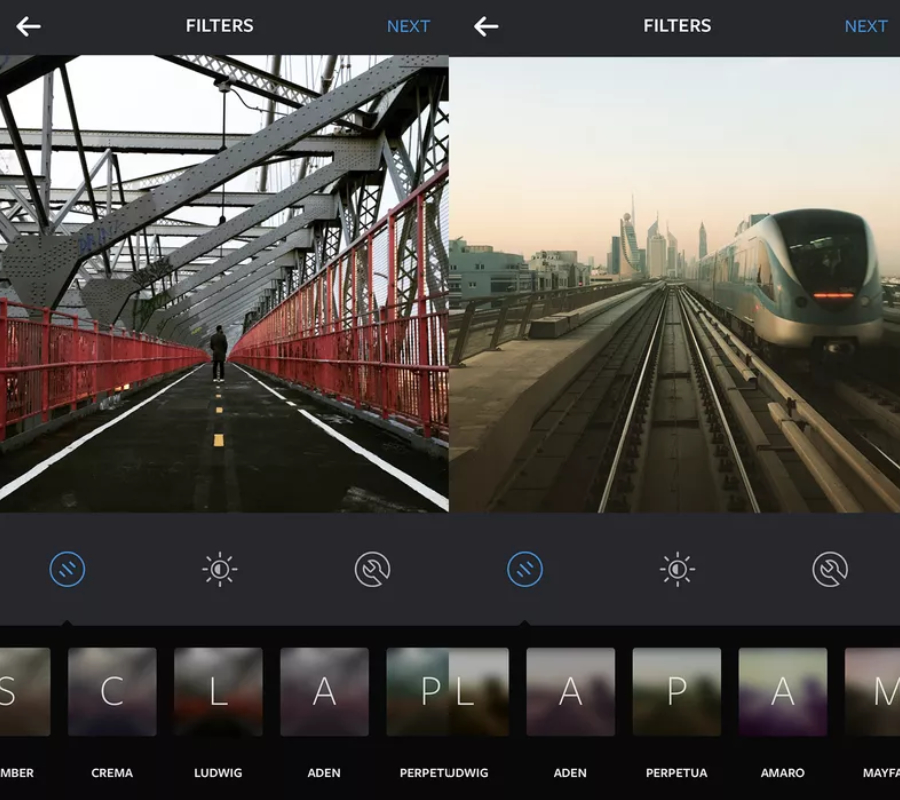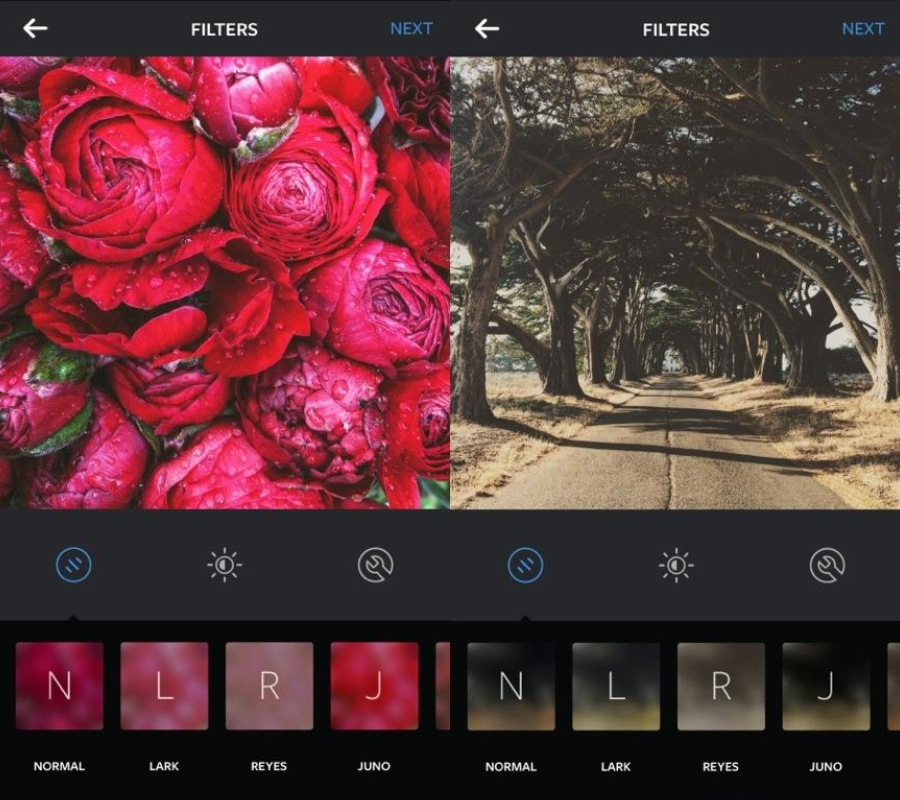It appears that a computer is capable of diagnosing mental health issues such as depression by analyzing Instagram photos, perhaps even better than a physician.
The findings come from a study carried out by Andrew Reece from Harvard University and Christopher Danforth of the University of Vermont. They analyzed which filters were related to the number of likes of a post and weighed them against the photo contents. The surveyed 43,950 photos came from 166 different users, some of which showed signs of depression. Researchers suggested that depressed users are less likely to use the same filters as mentally healthy individuals.

Diagnosing #depression
The computer program analyzed the nature of the user’s posts. It seems that users suffering from depression have lesser social activity, even on social networks. Another important factor was face recognition. The software also measured the number of likes and comments that each photo received.
A control group was also asked to review the photos and rate them according to a scale. The participants were not told that they were evaluating Instagram photos and that the study was focused on depression. They had to rate the photos from 1 to 5 and to classify them by happiness, sadness, interestingness and likability.

The study found out that users suffering from depression oftentimes received more comments than likes. The filter most commonly used by these people was Inkwell, a high-contrast monochrome filter.
Depressed people also commonly use the Crema filter or no filter at all. On the other hand, healthier users preferred the Valencia filter, which gives a brighter and more colorful feel to the photos. They also appeared inclined to use X-Pro II.
The researchers compared the results to the diagnoses of unassisted general practitioners to try and assess the state of the Instagram user’s mental health. It is important to note that the research applied the insight of general medicine practitioners not specialized in mental health. The Instagram users only talked to the physicians, without being submitted to standardized tests or more in-depth procedures.
Researchers claimed that this study could serve as a groundwork for medical professionals to determine a persons’ state of mental health by analyzing their posts on social media, which appears to be a cause of concern as many people resort to these tools to express their most inner thoughts and feelings.
The study, although interesting and innovative, does not establish any solid evidence on how to diagnose a person’s mental health through their Instagram posts, but serves as a suggestion for further research focused on social media and the behavioral aspect of each user’s posts, which often reveals important facts about people’s feelings and interactions.
Source: Instagram photos reveal predictive markers of depression (Study)
